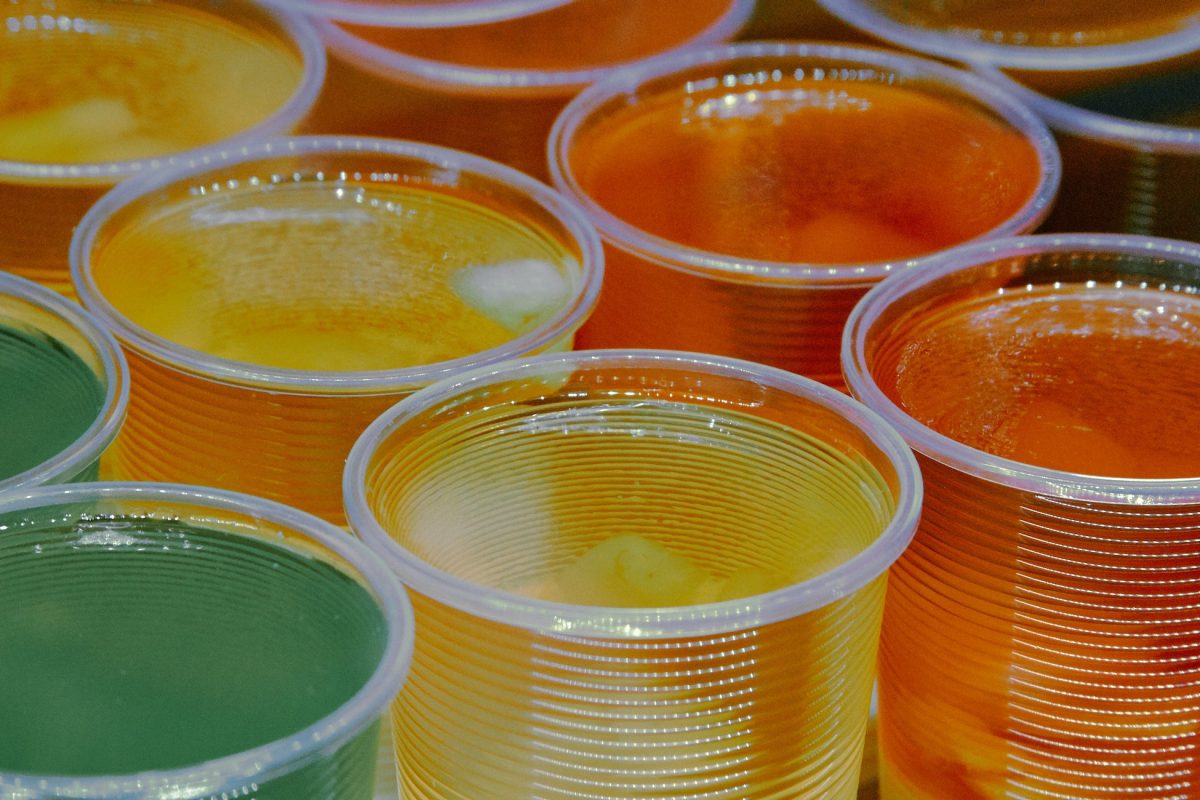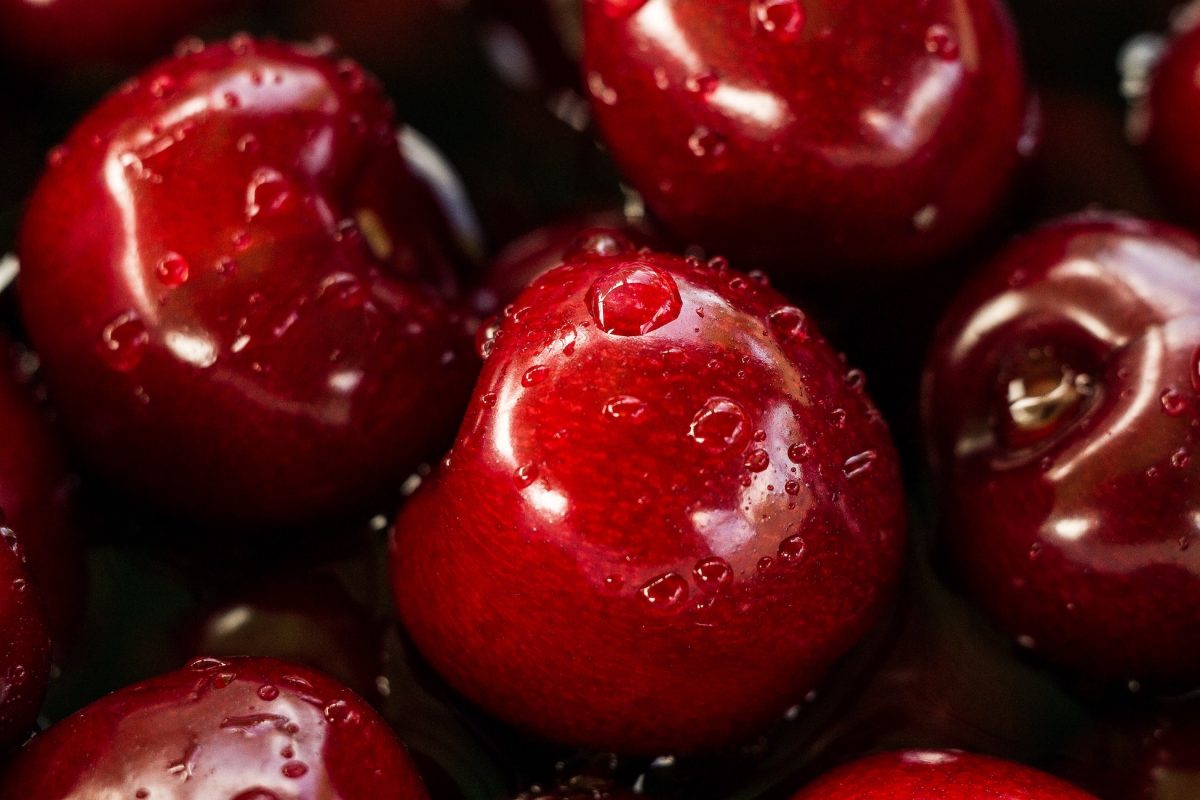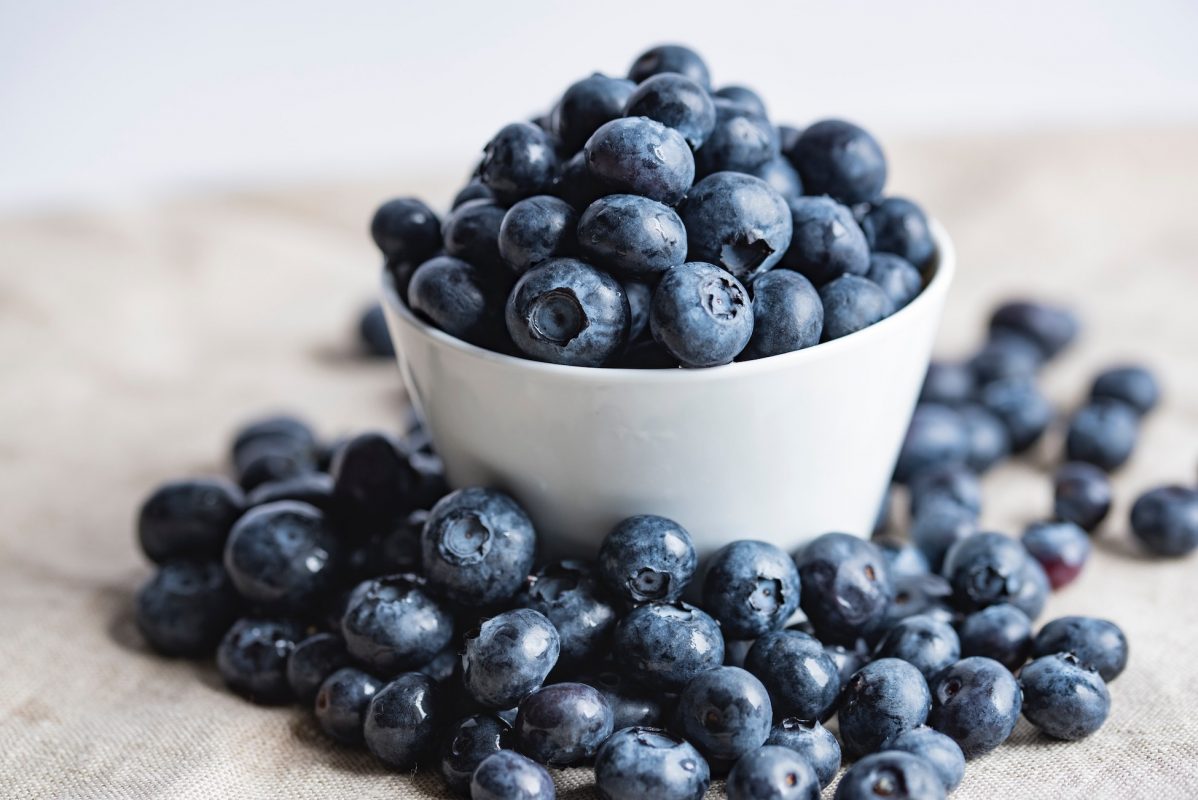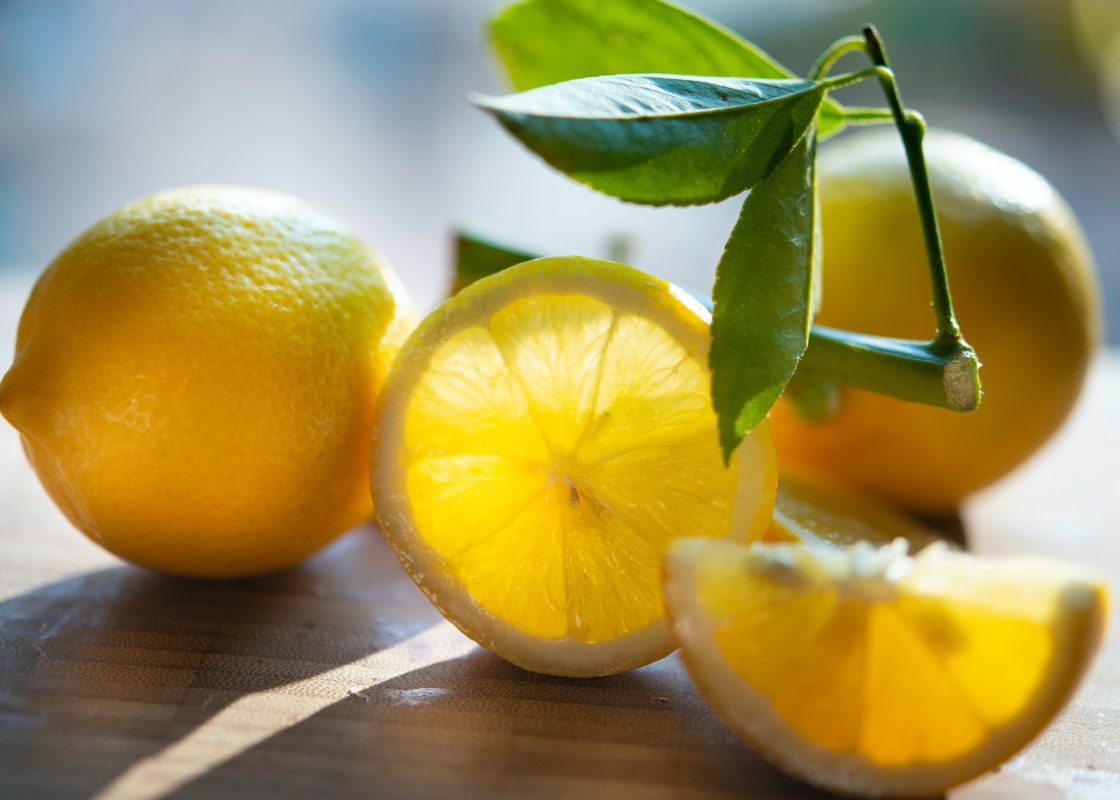Ever wondered how something as humble as a potato could turn into the life of the party? Welcome to the wild, witty, and wonderfully weird universe of potato vodka—a spirit that’s as down-to-earth as it is outrageously versatile. Whether you’re a cocktail connoisseur, a Gen Z aficionado of all things quirky, or just someone with a curious palate, you’re about to dive into everything you need to know about this surprisingly sophisticated brew.
Potato Vodka: Everything You Need to Know Table of Contents
The Spud-tacular History of Potato Vodka
From Dirt to Distillery: How Potato Vodka Is Made
Ingredients and Varieties: Beyond the Basic Spud
Taste Profiles and Sensory Adventures
Mixology Mastery: Serving, Cocktails, and Beyond
Cultural Impact and Modern Trends
Sustainability, Ethics, and the Future of Distillation
Recipes and Mixology Tips to Elevate Your Potato Vodka Experience
Resources and Community Support: Your Next Steps
Potato Vodka FAQs: Your Burning Questions Answered
The Future of Potato Vodka: A Spirit for the Modern Age
Your Journey with Potato Vodka: Embrace the Adventure
Looking For The Best Vodka? You'll Love These Vodka Guides...
The Spud-tacular History of Potato Vodka
Long before potato vodka became the poster child of innovative craft spirits, potatoes were simply a hearty staple on dinner tables across the globe. The journey from mashed spuds to a clear, potent spirit is a tale that spans centuries and continents. Potato vodka originated in the heart of Eastern Europe—a region where boiling, mashing, and fermenting humble tubers was an everyday affair. Initially developed out of necessity and the abundance of potatoes, early distillers discovered that the starches hidden within these unassuming vegetables could be transformed into a surprisingly smooth, intoxicating beverage.
In regions like Poland and Russia, where vodka is practically a national treasure, potato vodka began to carve out its niche alongside grain-based counterparts. The story goes that in times of scarcity, when grains were in short supply, the ingenious use of potatoes not only kept tradition alive but also sparked a revolution in vodka production. Today, potato vodka stands tall as a testament to resourcefulness and the endless creativity of artisanal distillers.
Over the years, potato vodka has evolved from a rustic necessity to a modern-day marvel. Its rich history is punctuated by improvements in distillation technology, a greater emphasis on flavor profiling, and a newfound popularity among those who appreciate the art of spirit crafting. So, next time you pour a shot of potato vodka, remember—you’re holding centuries of tradition, innovation, and a dash of rebellious ingenuity.
From Dirt to Distillery: How Potato Vodka Is Made
The transformation of a potato into a crystal-clear spirit is nothing short of magical. Unlike its grain-based cousins, potato vodka undergoes a fascinating process that highlights nature’s bounty and human craft. The journey begins in the field, where freshly harvested potatoes are cleaned, peeled, and mashed to release their natural starches.
Once mashed, these starchy wonders are subjected to fermentation—a process where yeast is introduced to break down the sugars into alcohol. This fermentation step is critical to developing the character and subtle flavors that set potato vodka apart. After the yeast has worked its magic, the liquid is ready for the spotlight: distillation.
Best Budget Vodkas Ranked
The Distillation Dance
Distillation is where the fun really begins. The fermented liquid is heated in a still, causing the alcohol to vaporize. These alcohol vapors are then carefully condensed back into liquid form, creating a spirit that is as pure as it is potent. Master distillers often use multiple passes through the still to ensure that the final product is exceptionally smooth.
Some artisanal producers even experiment with different types of stills and filtration techniques—ranging from charcoal filtering to subtle infusions with unique botanicals—to add their signature twist to the end product. The result is a vodka that not only carries the soul of a potato but also boasts a complexity that can surprise even the most seasoned spirit enthusiast.
Interestingly, some producers embrace the imperfections of potato vodka, allowing natural flavors to shine through rather than striving for an overly refined product. This hands-off approach often results in a characterful spirit that carries whispers of earth, creaminess, and a subtly sweet aftertaste.
Ingredients and Varieties: Beyond the Basic Spud
When it comes to potato vodka, the magic lies in the seemingly modest ingredients. At its core, the production of potato vodka revolves around just a few key elements: high-quality potatoes, yeast, and water. However, the secret is in the details—each variable subtly influences the final flavor profile.
The Perfect Potato
Not all potatoes are created equal when it comes to vodka production. Many distillers prefer certain varieties for their higher starch content and lower water levels, which translate into a richer, more robust spirit. Think of it as choosing the perfect avocado for your morning toast—only here, the quality of the potato is fundamental to the experience.
Yeast: The Tiny Alchemist
Yeast is the alchemist of the fermentation process, turning those starchy sugars into alcohol and contributing to the overall flavor and aroma. Different strains of yeast can impart unique characteristics, and some distillers even experiment with wild yeasts to add a layer of unpredictability and personality to each batch.
The Role of Water
Water is often touted as the lifeblood of any spirit, and potato vodka is no exception. The quality and mineral content of the water used in both fermentation and distillation can dramatically alter the look and taste of the final product.
Beyond these basics, many modern distillers have introduced unique twists by experimenting with additional ingredients such as herbs, spices, or even locally sourced botanicals. These innovative techniques create variants that range from the subtly floral to the boldly spiced, helping potato vodka appeal to an ever-growing audience of adventurous drinkers.
Taste Profiles and Sensory Adventures
The taste of potato vodka is as multifaceted as a well-curated playlist. At a glance, it might seem deceptively simple—clear, neutral, and crisp. But pour a glass, take a sip, and you might find yourself dancing on clouds of creamy texture, with hints of earthiness and a whisper of sweetness that lingers on your palate.
The natural creaminess of potatoes often gives this spirit a smoother mouthfeel than traditional grain vodkas, making it a popular choice for those who crave a gentle yet flavorful drinking experience. Some even liken it to the subtle charm of a well-aged cheese—smooth, rich, and slightly nutty.
Discovering Flavors Beyond the Alcohol
Potato vodka is a versatile spirit, and its flavor profile can change depending on how it’s served. Enjoy it neat, and you might appreciate its pure, unadulterated characteristics. On the rocks, the gradual dilution can open up new flavor notes, softening the edges and amplifying its inherent creaminess. And when used as the foundation for cocktails, potato vodka transforms into a chameleon—ready to mix, mingle, and complement a medley of ingredients.
The interplay of flavors in a well-crafted cocktail can elevate potato vodka from a mere spirit to a central character in your drink repertoire. Imagine a zesty, citrus-infused concoction where the vodka’s smooth profile balances the tangy freshness of lime, or a savory, herb-forward martini that highlights its earthy undertones. The possibilities are endless, and each sip is an invitation to explore new sensory dimensions.
Mixology Mastery: Serving, Cocktails, and Beyond
Potato vodka’s versatility shines through when it meets the imaginative world of mixology. As we enter the realm of cocktails, this spud-based spirit effortlessly adapts, becoming both a subtle enhancer and a bold statement in a glass. Let’s break down some killer ways to enjoy potato vodka:
Sipping It Straight Up
For purists who like to savor the spirit in its purest form, enjoy potato vodka chilled and neat. The inherent creaminess and smooth finish make it a delightful sipping experience, perfect for a relaxed evening or a laid-back get-together where conversation and contemplation pair well with quality liquor.
The Classic Potato Martini
Who said martinis are only for gin? Shake things up by substituting your usual spirit with potato vodka. Mix it with a splash of dry vermouth and a twist of lemon, and you’ve got yourself a cocktail that’s both modern and refreshingly different. This twist on the classic martini is guaranteed to spark conversations and maybe even a few impressed raised eyebrows.
Spud-tini Variations
Creative bartenders around the globe have been experimenting with potato vodka in a variety of inventive cocktails. Picture a vibrant cocktail featuring muddled basil, cucumber, and a dash of bitters—a drink that’s as Instagrammable as it is delicious. Or try blending it with tropical fruit juices and a hint of ginger for a summery punch that’s perfect for beach parties and backyard barbecues.
Infusions and Innovations
The fun doesn’t stop there. Many distilleries and home mixologists are experimenting with infusing potato vodka with flavors like garlic, chili, or even seasonal fruits. The infusion process adds layers of complexity and gives you the power to craft a spirit that’s truly one-of-a-kind. Whether you’re hosting a cocktail night or just looking to impress your friends, these innovative recipes are sure to be conversation starters.
With every mix and muddle, potato vodka reaffirms its place as a spirit that’s not only steeped in tradition but also brimming with potential for endless creative exploration.
Cultural Impact and Modern Trends
In today’s fast-paced world, where authenticity and creativity are revered, potato vodka has emerged as a cultural phenomenon. Its story of humble origins meets modern reinvention resonates with a generation that values sustainability, originality, and a bit of eccentricity in their beverages.
Social media influencers, crafty home bartenders, and even high-end cocktail lounges have embraced potato vodka for its unique profile and its ability to disrupt the status quo. In a world where trends are ephemeral, potato vodka stands as a symbol of resilience—a reminder that even the most unexpected ingredients can rise to stardom with a little bit of ingenuity and a lot of heart.
Festivals, tasting events, and even quirky cocktail competitions have given this spirit a platform to shine. From underground pop-up bars in urban centers to high-profile events that celebrate craft spirits, the cultural footprint of potato vodka continues to expand. And as more consumers seek out products that combine sustainable production methods with a story worth sharing, the future of potato vodka looks as bright as a freshly harvested spud.
Its impact is not just limited to the cocktail scene; potato vodka has become a muse for creative expression, inspiring art, music, and even fashion. It’s all about celebrating the unexpected, breaking away from the ordinary, and embracing a new narrative where a simple potato is reimagined as a bold and sophisticated spirit.
Sustainability, Ethics, and the Future of Distillation
In a world that’s increasingly conscientious about sustainability and ethical production, potato vodka offers a refreshing perspective. With a relatively low environmental impact compared to some other spirits, potato vodka is often produced using locally sourced ingredients and traditional methods that minimize waste.
Many distilleries are proud of their commitment to eco-friendly practices—from implementing energy-efficient distillation processes to utilizing organic potatoes and reclaimed water. Supporting these producers means you’re not only savoring a delicious spirit but also contributing to a more sustainable and ethical industry.
Looking ahead, the future of potato vodka is brimming with innovation. We’re already seeing experiments in zero-waste distillation, blockchain-based supply chain transparency, and even collaborations with local farmers to promote biodiversity. The fusion of traditional craft with cutting-edge technology ensures that potato vodka remains at the forefront of the artisanal spirits movement.
For consumers who value sustainability, ethical production, and artisanal quality, potato vodka is more than just a beverage—it’s a movement. A movement that celebrates creativity, honors heritage, and paves the way for a responsible, innovative future in the world of spirits.
Recipes and Mixology Tips to Elevate Your Potato Vodka Experience
Ready to roll up your sleeves and craft some unforgettable cocktails? Whether you’re a seasoned mixologist or a curious beginner, potato vodka offers endless opportunities to experiment and impress. Here are some foolproof recipes and expert tips to help you get started on your cocktail creation odyssey.
The Spud Sling
Ingredients:
- 2 oz potato vodka
- 1 oz freshly squeezed lemon juice
- ¾ oz simple syrup
- A dash of aromatic bitters
- Ice cubes
- Lemon wheel for garnish
Combine the potato vodka, lemon juice, and simple syrup in a shaker filled with ice. Add the bitters, shake well until chilled, and strain into a chilled glass. Garnish with a lemon wheel. This cocktail strikes the perfect balance between tangy, sweet, and refreshingly smooth—a signature move for every spud-inspired soirée.
The Rustic Revival
Ingredients:
- 1.5 oz potato vodka
- 1 oz apple cider
- ½ oz cinnamon syrup
- Fresh apple slices
- A pinch of nutmeg
- Ice
In a cocktail shaker, toss the potato vodka, apple cider, and cinnamon syrup with ice. Shake vigorously and strain into an old-fashioned glass filled with fresh ice. Garnish with apple slices and a sprinkle of nutmeg. The Rustic Revival is perfect for chill evenings where you want a drink that feels as cozy as a harvest festival.
Mixology Tips and Tricks
• Experiment with infusions: Try infusing your potato vodka with unique flavors like rosemary, chili, or even citrus peels. Let it steep for a few days in a sealed jar, and you’ll have a new twist to add to your cocktail creations.
• Balance is key: When mixing, remember that the strength of potato vodka lies in its neutral yet creamy texture. Use complementary ingredients that enhance these qualities—citrus, spices, and fresh herbs work exceptionally well.
• Presentation matters: A well-garnished cocktail not only tastes better but also makes for a killer Instagram post. Experiment with different glassware, creative twists, and garnishes to impress your friends and followers alike.
Resources and Community Support: Your Next Steps
Ready to take your potato vodka journey even further? Whether you’re looking to refine your own distillation craft, find local events celebrating craft spirits, or simply join a community of like-minded enthusiasts, there are plenty of resources available.
Start by exploring online forums, social media groups, and dedicated websites that focus solely on artisanal vodka and craft cocktail culture. Many distilleries also offer masterclasses and tasting events that allow you to get a hands-on look at the production process and even meet the creative minds behind your favorite drinks.
In addition to online communities, check out local craft fairs, spirit festivals, and boutique liquor stores that feature small-batch, artisanal spirits. These events provide not only a first-hand taste of the finest potato vodkas but also an opportunity to network, share recipes, and learn from experts in the field.
For those who prefer a more structured dive, numerous cocktail recipe books and online courses explore the art of mixology with potato vodka at its center. Whether you’re joining a local tasting session or tuning into a livestream cocktail class, the community is buzzing with opportunities to elevate your appreciation for this humble spirit.
And don’t forget to subscribe to newsletters from your favorite distilleries—many offer insider tips, exclusive recipes, and early access to new releases that will keep your cocktail game ahead of the curve.
Potato Vodka FAQs: Your Burning Questions Answered
We know you’ve got questions about this spud-tacular spirit, so we’ve put together some of the most frequently asked questions about potato vodka. Dive in to clear your doubts and get inspired!
1. What is potato vodka?
Potato vodka is a type of vodka distilled from potatoes rather than grains. It’s known for its smooth, creamy texture and unique flavor profile, which can include earthy and subtly sweet notes.
2. How is potato vodka different from grain vodka?
The key difference lies in the base ingredient. Potato vodka typically offers a creamier mouthfeel and a softer taste, whereas grain vodkas can have a crisper and sometimes spicier profile. The choice ultimately depends on your taste preferences and the cocktail you’re crafting.
3. Is potato vodka gluten-free?
Yes, potato vodka is naturally gluten-free, making it a great option for those with gluten sensitivities or celiac disease.
4. Can I infuse my own potato vodka at home?
Absolutely! Many enthusiasts love experimenting with infusions. Simply add herbs, spices, or fruits to your potato vodka and let it steep for a few days. Just be sure to store it in a cool, dark place and strain out the solids before use.
5. What’s the best way to serve potato vodka?
Potato vodka is incredibly versatile. Enjoy it neat, on the rocks, or as the base for a creative cocktail. Experiment to find your favorite serving method!
6. Are there different varieties of potato vodka?
Yes! Some distilleries offer variations that are filtered differently or infused with subtle botanicals, each contributing to a unique twist on the classic spirit.
7. How can I tell if a potato vodka is high quality?
Look for indicators such as smoothness, complexity in flavor, and craftsmanship in the distillation process. Tasting notes often mention a balanced profile with a creamy finish and hints of earthiness. Reviews and recommendations from trusted sources can also guide your selection.
8. Where can I buy artisanal potato vodka?
Many boutique liquor stores, craft spirit festivals, and online retailers offer a wide selection of artisanal potato vodkas. Check local events and specialty shops for unique finds.
9. Is potato vodka more sustainable than grain vodka?
Often, yes. Potato vodka production can be more sustainable if it uses locally sourced, organic potatoes and eco-friendly practices. However, sustainability can vary by producer, so it’s worth researching your favorite brands.
10. What cocktails work best with potato vodka?
From classic martinis to modern infusions like the Spud Sling or Rustic Revival, potato vodka’s versatility means it pairs well with a variety of flavors and ingredients. Experiment to discover your perfect blend!
The Future of Potato Vodka: A Spirit for the Modern Age
As we look to the future, potato vodka is poised to continue its evolution as a beloved and innovative spirit. With its blend of rich history, artisanal production methods, and a flavor profile that’s both unique and versatile, this humble spirit has captured the attention of a new generation of drinkers who crave authenticity and creativity.
The rise of craft distilleries and the increasing interest in locally produced, sustainable products means that potato vodka is not just a trend—it’s an enduring symbol of ingenuity and adaptability. Whether you’re enjoying it as a standalone spirit, mixing up a storm in the kitchen, or exploring new flavor combinations with fellow enthusiasts, potato vodka serves as a reminder that sometimes the most unassuming ingredients can deliver the greatest surprises.
Embrace the future of potato vodka by staying curious, exploring new recipes, and sharing your own experiences with this remarkable spirit. After all, every sip is a celebration of creativity, tradition, and the endless possibilities that arise when people dare to reimagine the ordinary.
So here’s to potato vodka—a spirit that transforms everyday spuds into unforgettable moments. Whether in a dimly lit speakeasy or your favorite urban hangout, let this unique brew remind you that sometimes, the most memorable experiences start with something as simple as a potato.
Your Journey with Potato Vodka: Embrace the Adventure
You’ve now discovered the ins and outs of potato vodka—from its humble origins and meticulous distillation process to its incredible versatility in cocktails and its place in modern culture. This deep dive is not just about knowing a spirit; it’s about embracing a journey that celebrates innovation, sustainability, and the art of enjoying life with a twist.
Every time you pour a glass, you’re tapping into a legacy of creativity and craftsmanship. So go ahead, gather your friends, experiment with new recipes, share your experiences online, and become a passionate part of the community that champions this extraordinary spud-based spirit.
Whether you’re starting your own mixology adventures, exploring the latest trends, or simply enjoying a quiet moment with a thoughtfully crafted cocktail, remember that the story of potato vodka continues to evolve with you. Here’s to new discoveries, unforgettable celebrations, and a future where every sip inspires a little more creativity.
















